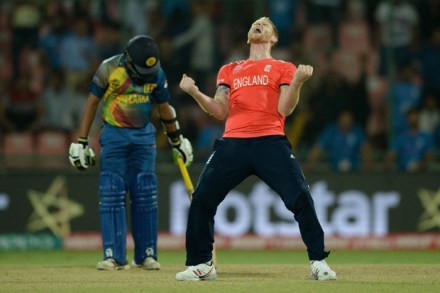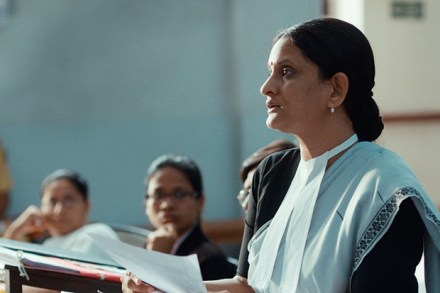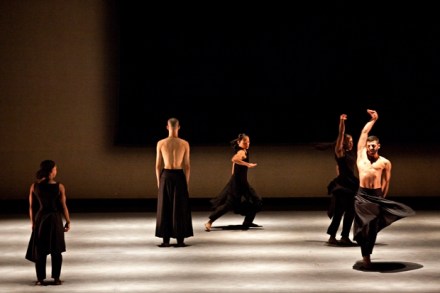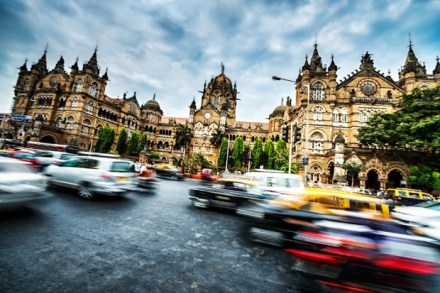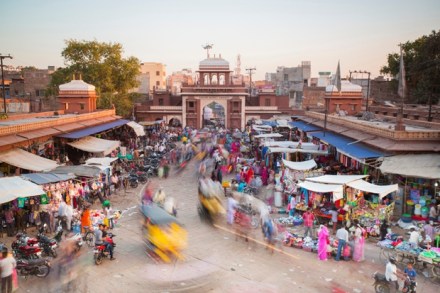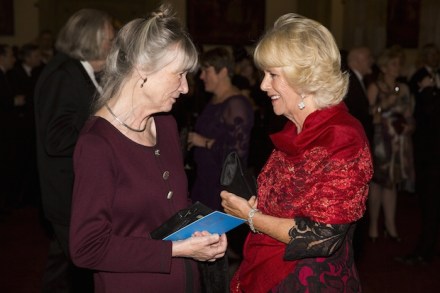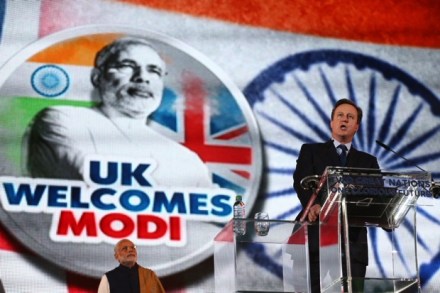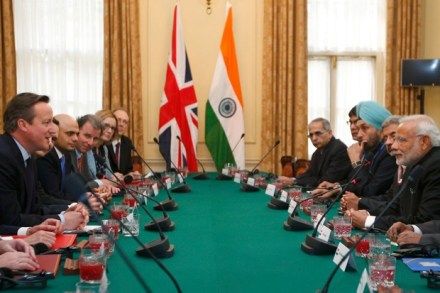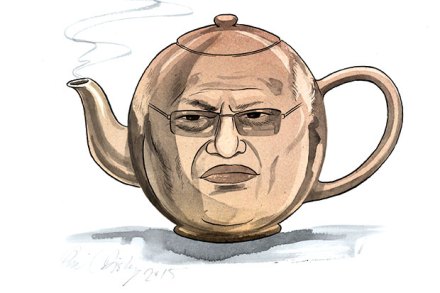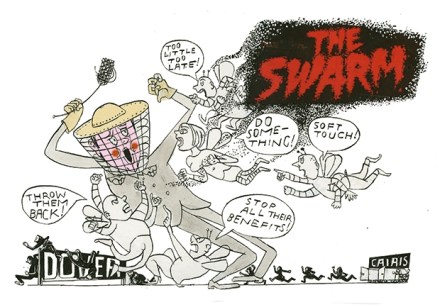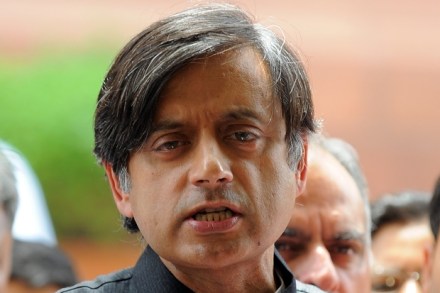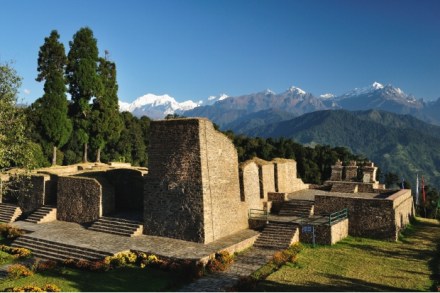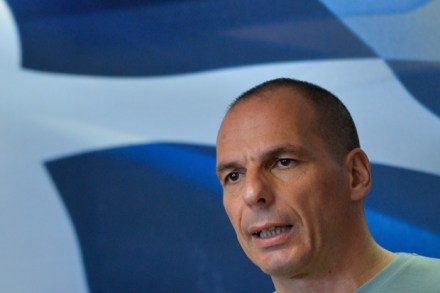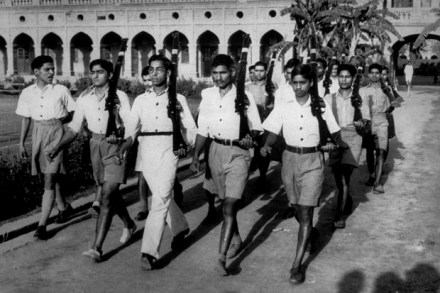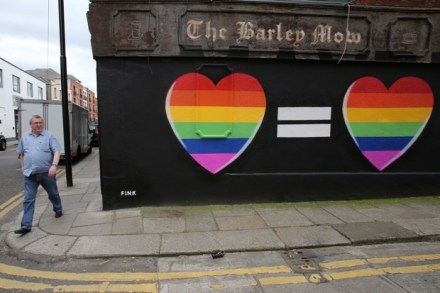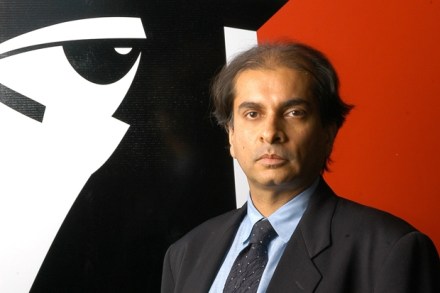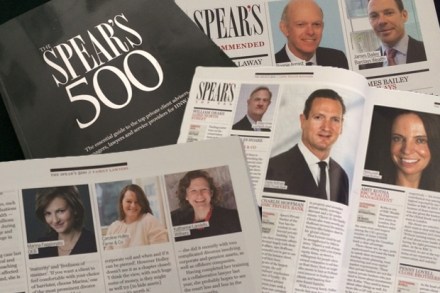Reasons to be cheerful, parts one, two, three…
Well the sun is out, the sky is blue, and poor Boris Johnson is taking such a pounding from Matthew Parris and Petronella Wyatt that it makes the battle of Kursk look like an Easter Parade. Plenty to be cheerful about, then, and nowhere more so than in this blissful sporting spring. First, the T20 World Championship is producing cricket to make your hair stand on end. England’s men and women are racing through the tournament, and the men’s last- over win to beat Sri Lanka and reach the semis was spellbinding. England hadn’t reached three figures by the 15th over, but finished on 171. It was enough (just) after
